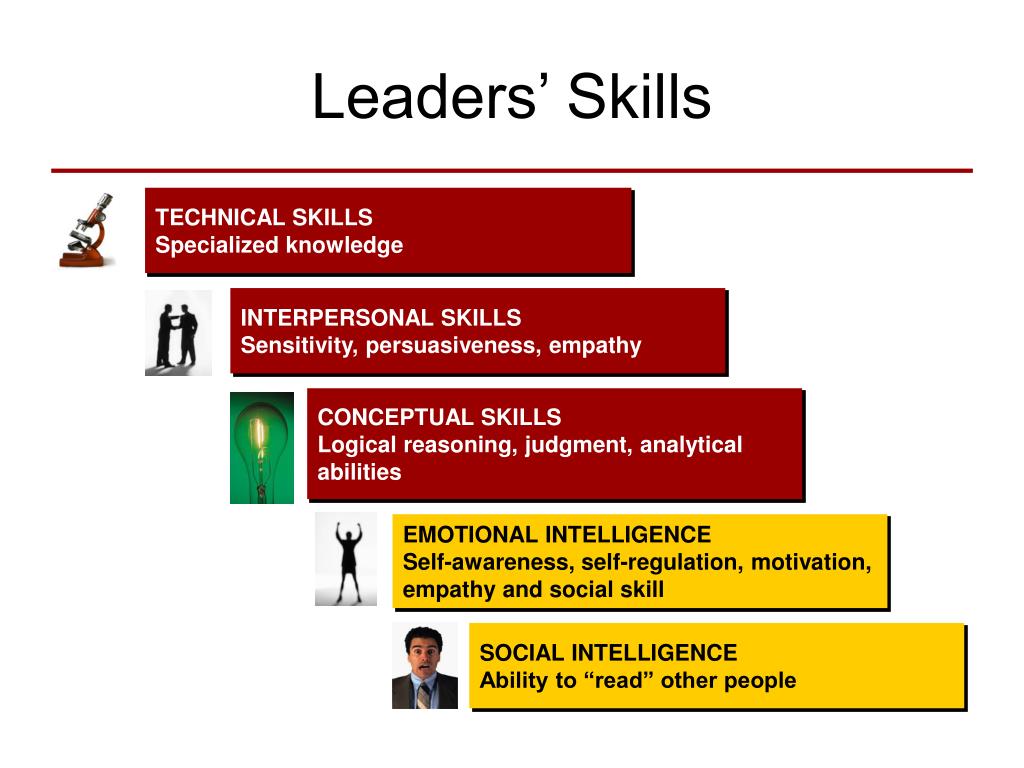Having the ability to be Decisive: This Leadership Skill that Brings Success
In this rapid and constantly changing corporate landscape, effective leadership is increasingly vital than ever. Effective leaders are not just responsible for steering their teams to achieve success but furthermore for making tough decisions that can substantially affect the organization’s prospects. Being decisive is a crucial leadership skill that not only delivers results but additionally cultivates a culture of trust and ownership within teams.
As professionals strive to develop their leadership abilities, mastering a set of crucial skills becomes essential. From enhancing strong decision-making abilities to utilizing the power of emotional intelligence, leaders must cultivate a comprehensive toolkit to manage complex situations. This article will discuss the top leadership skills that each professional should master, providing insights into how to motivate, inspire, and establish trust with groups while responding to the demands of a contemporary workplace. Ultimately, it is through being decisive and the development of these skills that leaders can achieve outcomes and achieve lasting success.
Essential Management Abilities
Effective leadership hinges on a variety of skills that leaders must harness to navigate complex situations and inspire teams. https://www.peterashbysmith.com/ include EQ, which allows leaders to comprehend and manage their emotions while also connecting with their team. This bond cultivates a culture of trust and collaboration. Leaders who excel in EQ can significantly drive their teams and boost overall effectiveness.
An additional crucial skill is efficient communication. Clear and concise communication acts as the foundation for conveying objectives, standards, and responses. A leader's capability to communicate ideas and actively listen can greatly enhance team dynamics, ensuring that everyone is on the same page and feels valued. Moreover, perfecting the art of distribution of duties allows leaders to enhance their team's strengths by assigning tasks effectively, ultimately increasing team output.
Adaptability is increasingly important in today's rapid world. Leaders must manage constant transitions and instability, making the ability to adapt strategies and plans critical. By fostering a resilient mindset and supporting flexibility within their teams, leaders can competently manage challenges and embrace new opportunities. This adaptability, coupled with strong decision-making skills, equips leaders to not only survive but thrive in ever-changing environments.
Enhancing Decision-Making Skills

Effective decision-making remains essential for leaders who aim to produce results and inspire trust among their teams. In today's dynamic environment, managers face numerous decisions that can significantly influence the direction and achievement of their businesses. To enhance decision making abilities, managers should nurture critical thinking, which involves collecting relevant facts, assessing possible results, and balancing the pros and disadvantages of various alternatives. This methodical method helps ensure decisions are grounded in evidence instead of.
In alongside critical thinking, the best leaders understand the value of EQ in their decision making methods. By being aware of their own emotions and those of their team members, managers can navigate complex human dynamics and make choices that promote collaboration and partnership. Understanding emotions enables leaders to stay calm under pressure, interpret the emotional state of their workforces, and modify their decisions to better align with team dynamics, ultimately resulting in more cohesive and effective results.
An additional crucial aspect of decision making is the willingness to accept change. The best executives admit that not every decision will result in optimal results and are prepared to pivot when required. Developing a mindset that embraces learning from mistakes rather than avoiding them creates a culture of innovation and strength. By motivating their teams to experiment and take thoughtful risks, managers can create an atmosphere where active decision-making succeeds, which ultimately leading to success and expansion.
Creating Team Interactions
Strong leadership extends past personal abilities; it is also about how a leader shapes squad dynamics. A leader's ability to cultivate a joint and transparent environment is crucial for guaranteeing that team members consider themselves valued and acknowledged. By developing a environment of trust and openness, leaders can support team members to share their opinions and insights freely, which results in better choices and new ideas. This environment not only improves connections but also enables team members to leverage their different skills well.
Addressing disputes is a crucial aspect of building robust team dynamics. Leaders who can identify and manage conflicts promptly and positively support maintain a favorable atmosphere. They should encourage open communication where team members can express themselves expressing their concerns. By actively listening and navigating disputes, leaders can turn potential conflicts into opportunities for growth and understanding. This method not only strengthens relationships among team members but also promotes a feeling of togetherness and purpose.
In conclusion, inspiring team members daily can significantly boost team dynamics. Leaders must focus on recognizing individual contributions and honoring team achievements. Regularly delivering helpful feedback and support encourages team members to flourish and improve their skills. When leaders take the time to comprehend their team’s capabilities and aspirations, they can tailor their approaches to enhance participation and effectiveness. This continuous support assists create an motivated team that is focused on common goals and driven to achieve collectively.